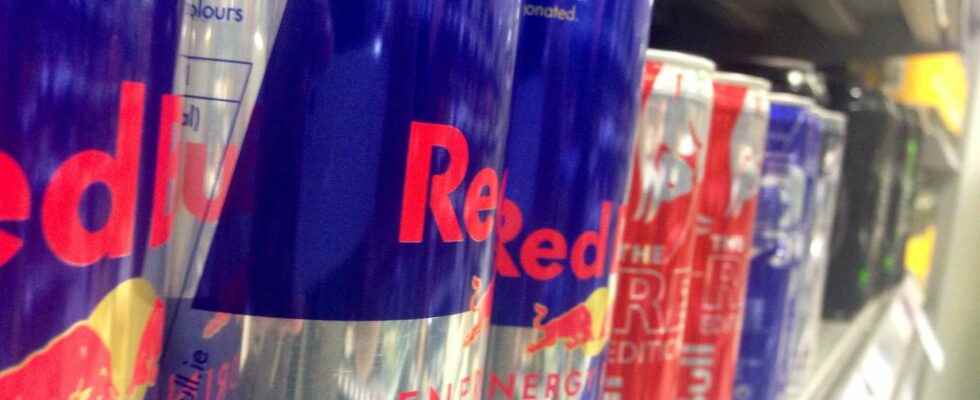Energy drink and energy drink, what are the differences? Beneath these seductive neighboring qualifiers, a dangerous confusion is maintained. However, these beverages correspond to very different needs. One turns out to be useful when the other turns out to be counter-productive, even contra-indicated. Know how to recognize their particularities for informed consumption!
You will also be interested
Energy drink versus energy drink or when marketing maintains confusion between the two terms. At first glance, both are attractive, they both boast stimulating, “anti-slack” virtues, but from a nutritional and medical point of view, what exactly is it? A quick overview because a well-informed athlete is worth two!
Energy drinks
Aimed at athletes, these drinks are intended to fight against fatigue and the dehydration during exercise and to replenish glycogen reserves during endurance exercises. They are found in particular under the brands Isostar, Gatorade, Overstim, Aptonia, Powerade. They mainly contain:
- water for rehydration,
- from sugar fast assimilating (dextrose, sucrose…) or slow (maltodextrin, fructose…) depending on the type of effort,
- salts minerals (sodium, potassium, magnesium…)
- of the vitamins of group B (involved in particular in the production ofenergy and the synthesis of Red cells),
- of the antioxidants (usually from vitamin C).
Energy drinks are useful in the context of intense sports practice (running, cycling, etc.) but are not essential for daily use, especially since their calorie intake is not negligible (between 120 and 300 calories for one serving).
Energy drinks
The energy drinks (Red Bull, Monster, Burn, Dark Dog…) are supposed to give a “boost”, improve memory and concentration. They contain water, sugar (up to fifteen grams per hundred millilitres), vitamins caffeine, and sometimes taurine and plant extracts known for their anti-fatigue properties (green tea, guarana, ginseng). Energy drinks are mainly aimed at youth but are suspected of causing side effects at high doses (sleeping troubles and heart rate, headaches, hypertension…)
Energy drinks are not recommended for athletes
“Their manufacturers maintain the confusion between the two concepts by using the same arguments and the same containers”, regrets Doctor Frédéric Maton, President of the French Society of Sports Nutrition (SFNS). “However, the high sugar content of energy drinks increases theosmolarity and bothers the maid hydration of the sportsman. Moreover, they do not contain mineralsin particular sodium to compensate for sweat losses and are particularly acids, with a pH between 3 and 4.” The doctor warns against digestive disorders that can occur, especially during exercise. Worse: their effect diuretic may aggravate the dehydration. Finally, caffeine and taurine can cause irritability, tachycardia and habituation.
As part of the 16e National colloquium for the fight and prevention of dopingorganized by the French National Olympic and Sports Committee, it specified that “a can of energy drink contains approximately the equivalent of seven days of natural consumption of taurine”.
To complete the picture of the underperformance of energy drinks, note the suspected correlation between their consumption and bone demineralization, without forgetting the erosion of dental enamel.
Interested in what you just read?
Subscribe to the newsletter Health question of the week : our answer to a question you ask yourself (more or less secretly). All our newsletters
